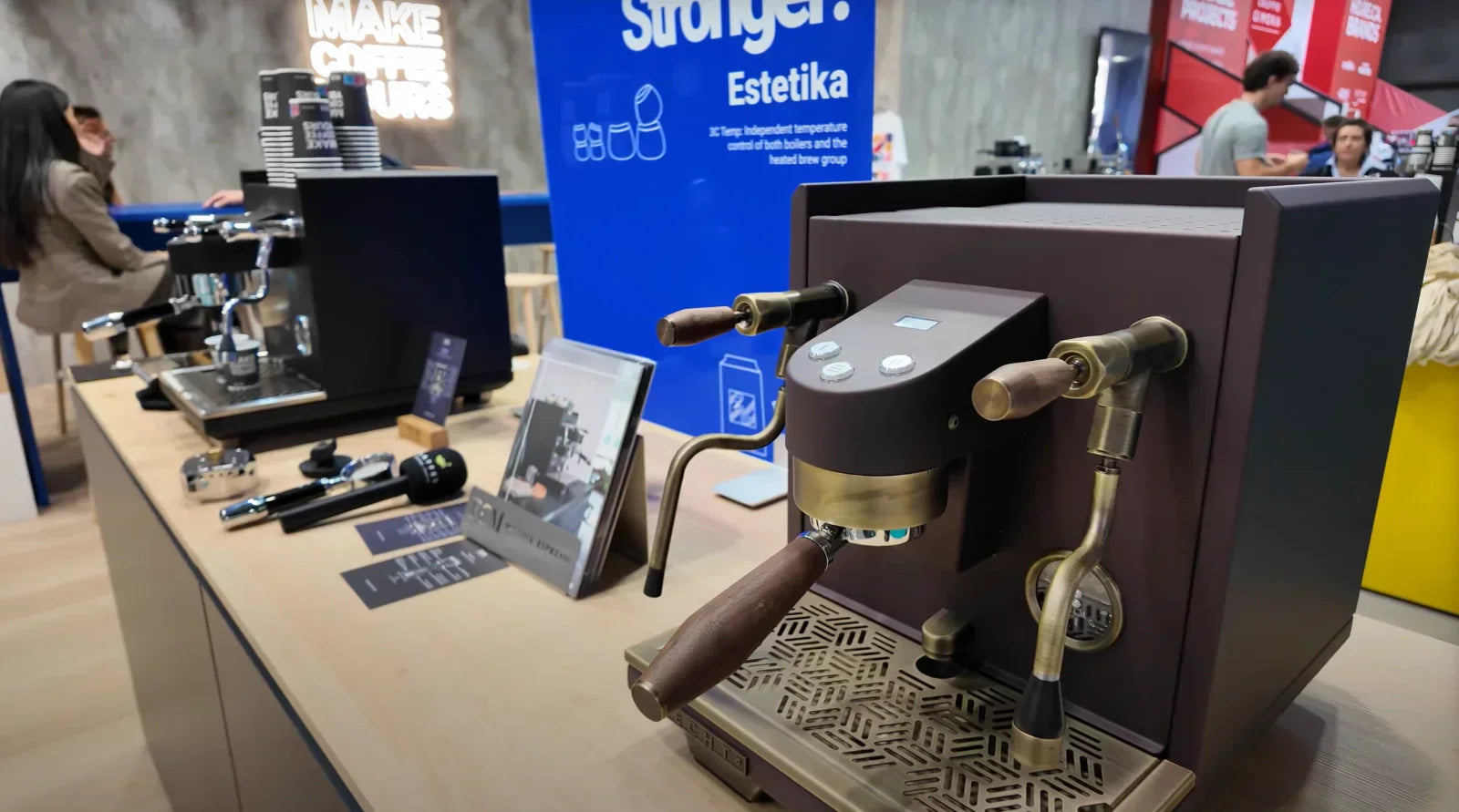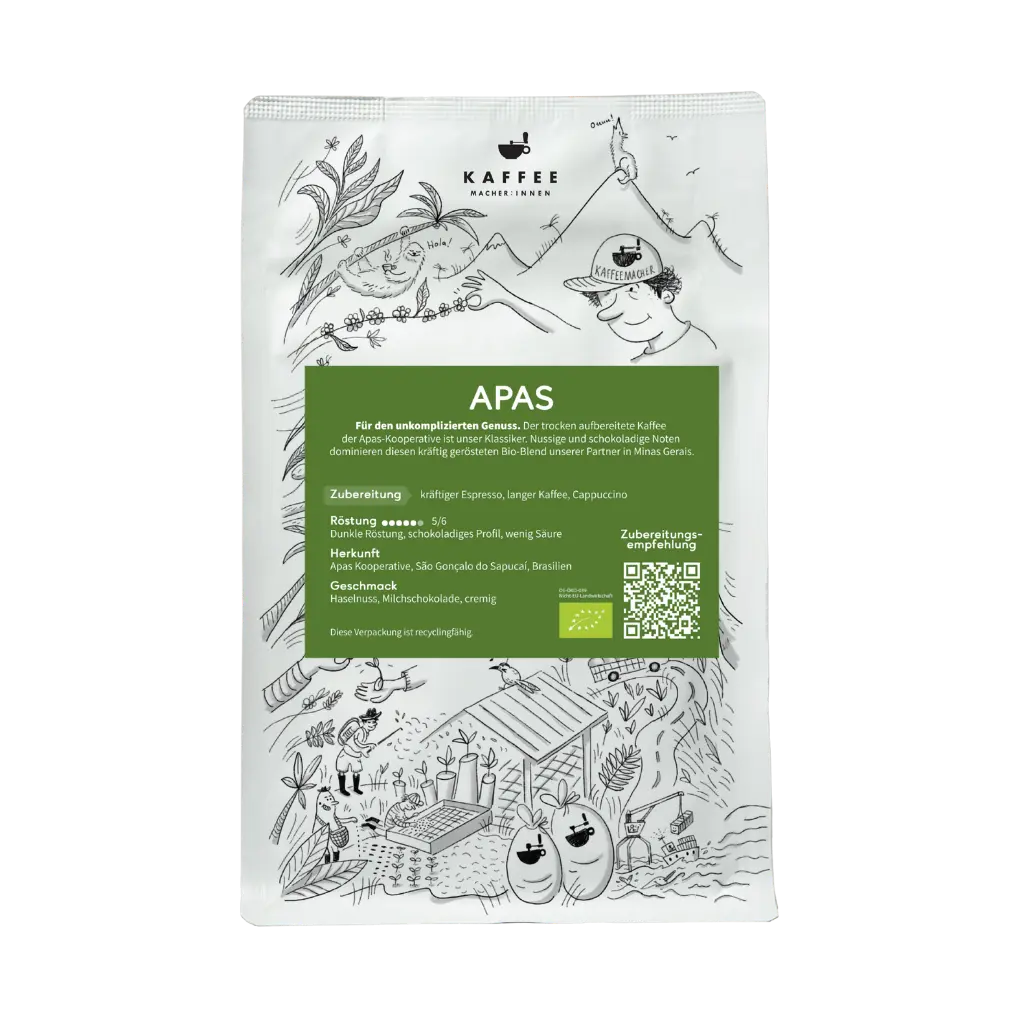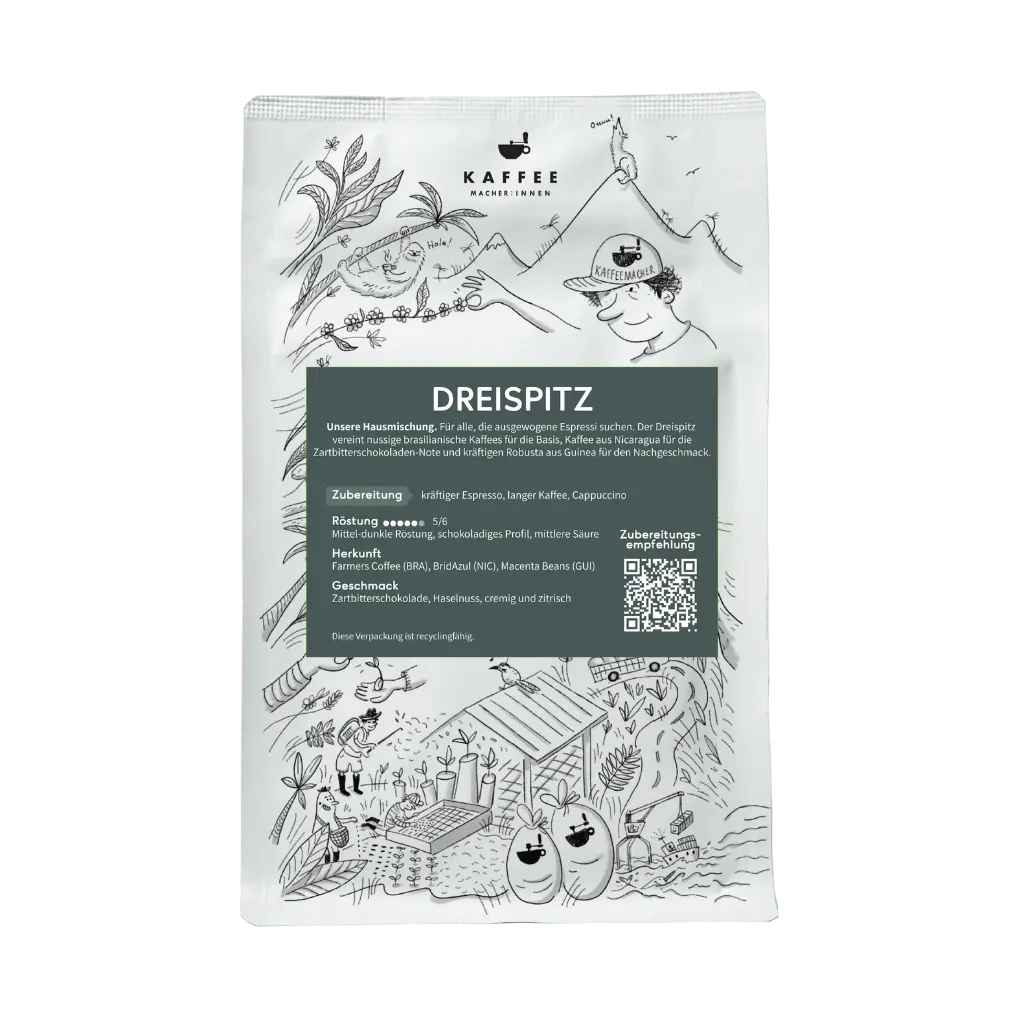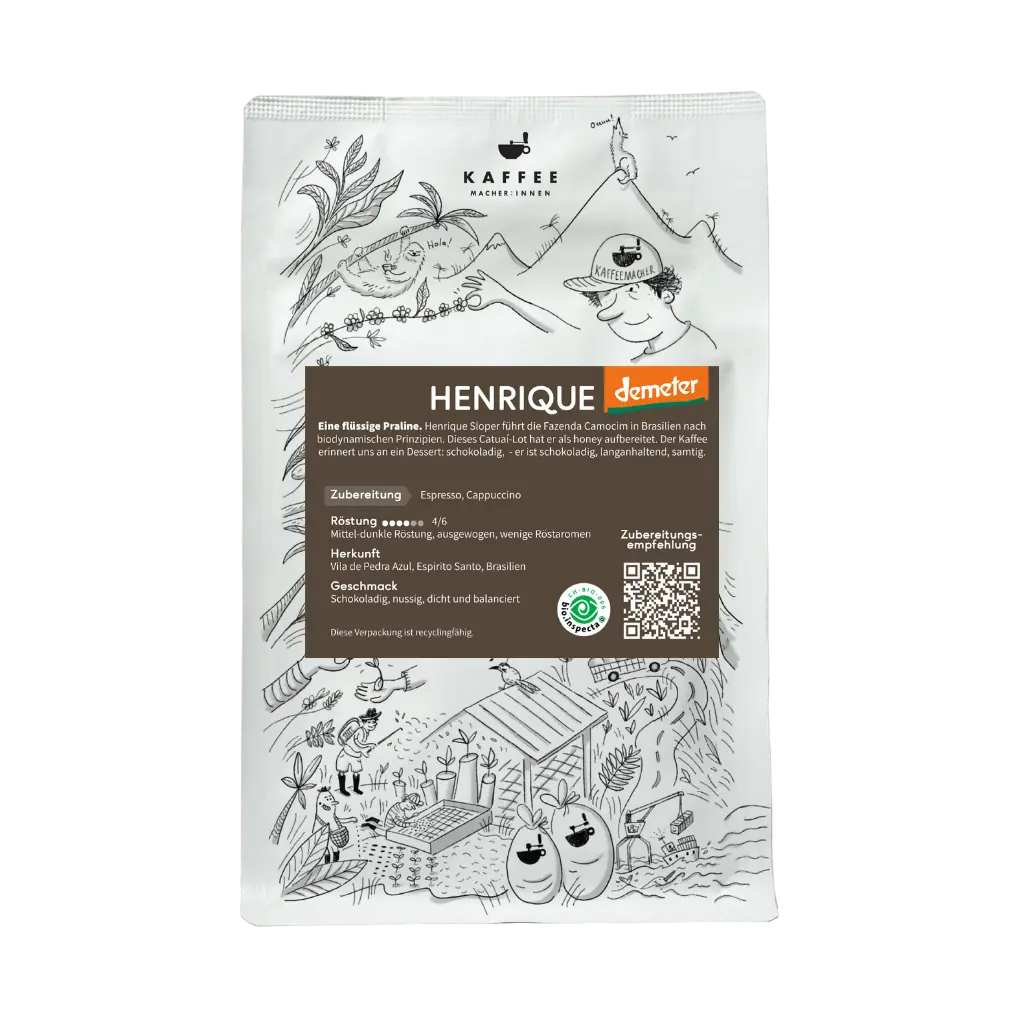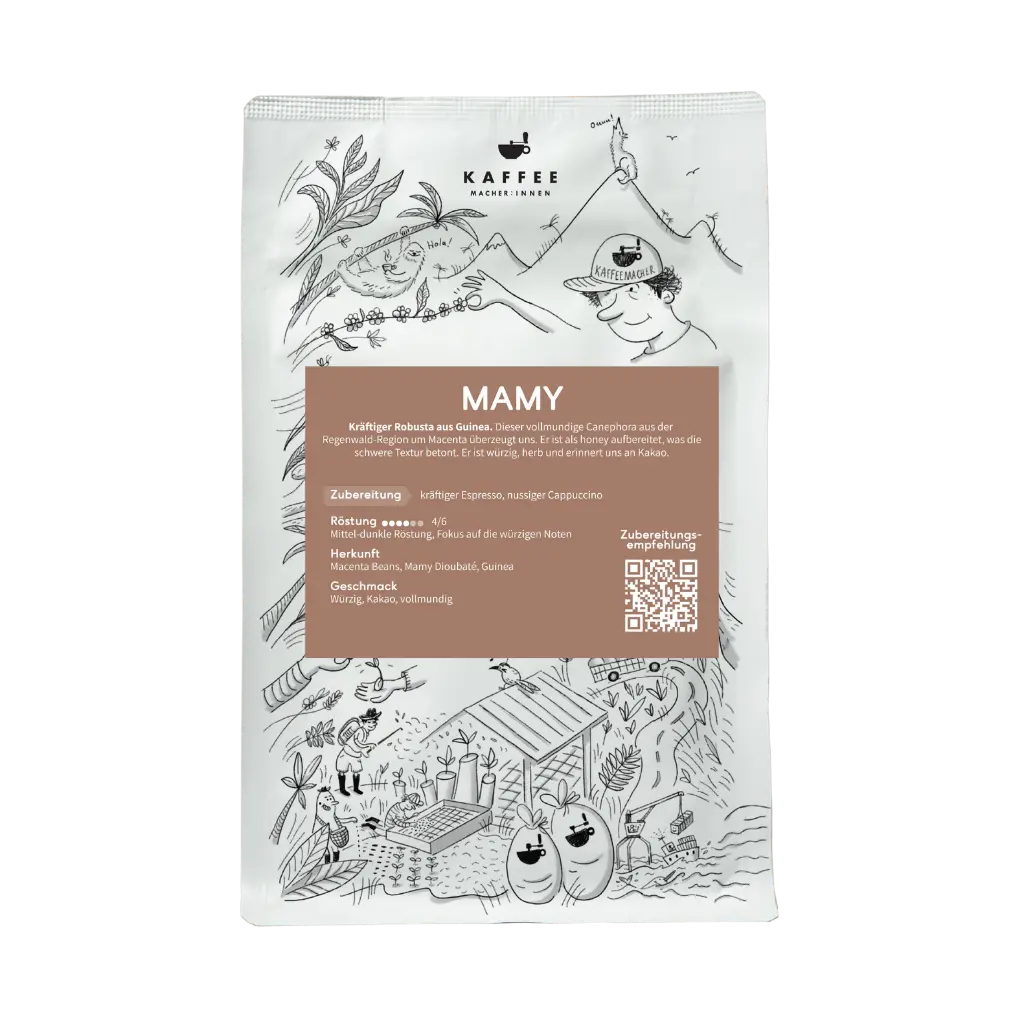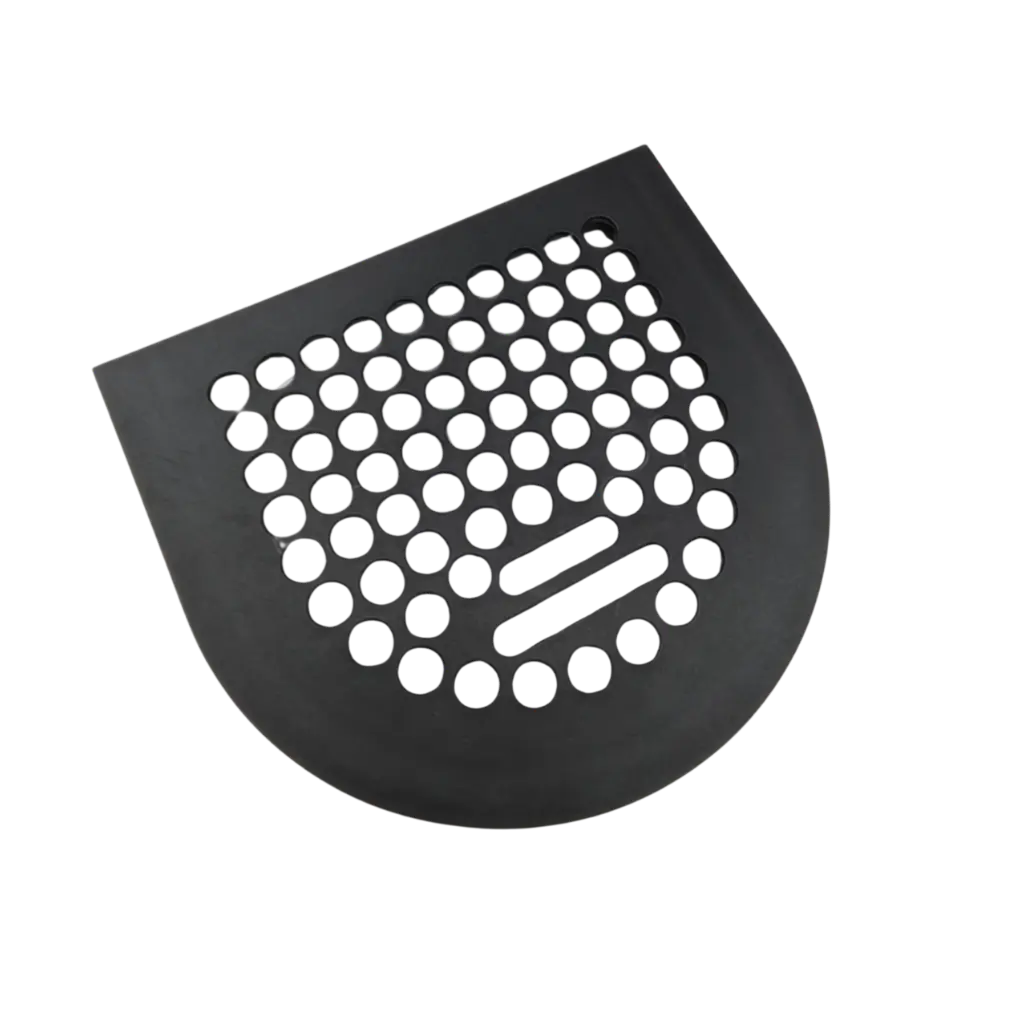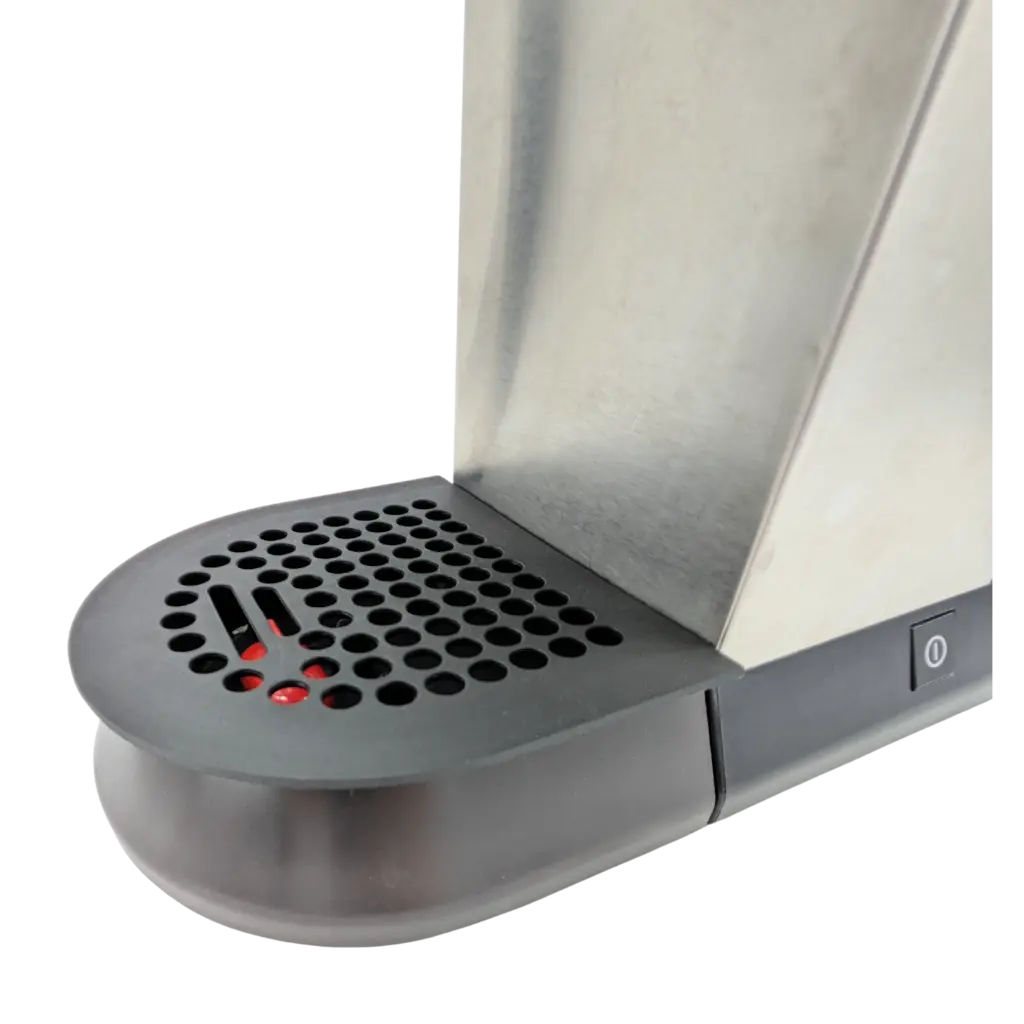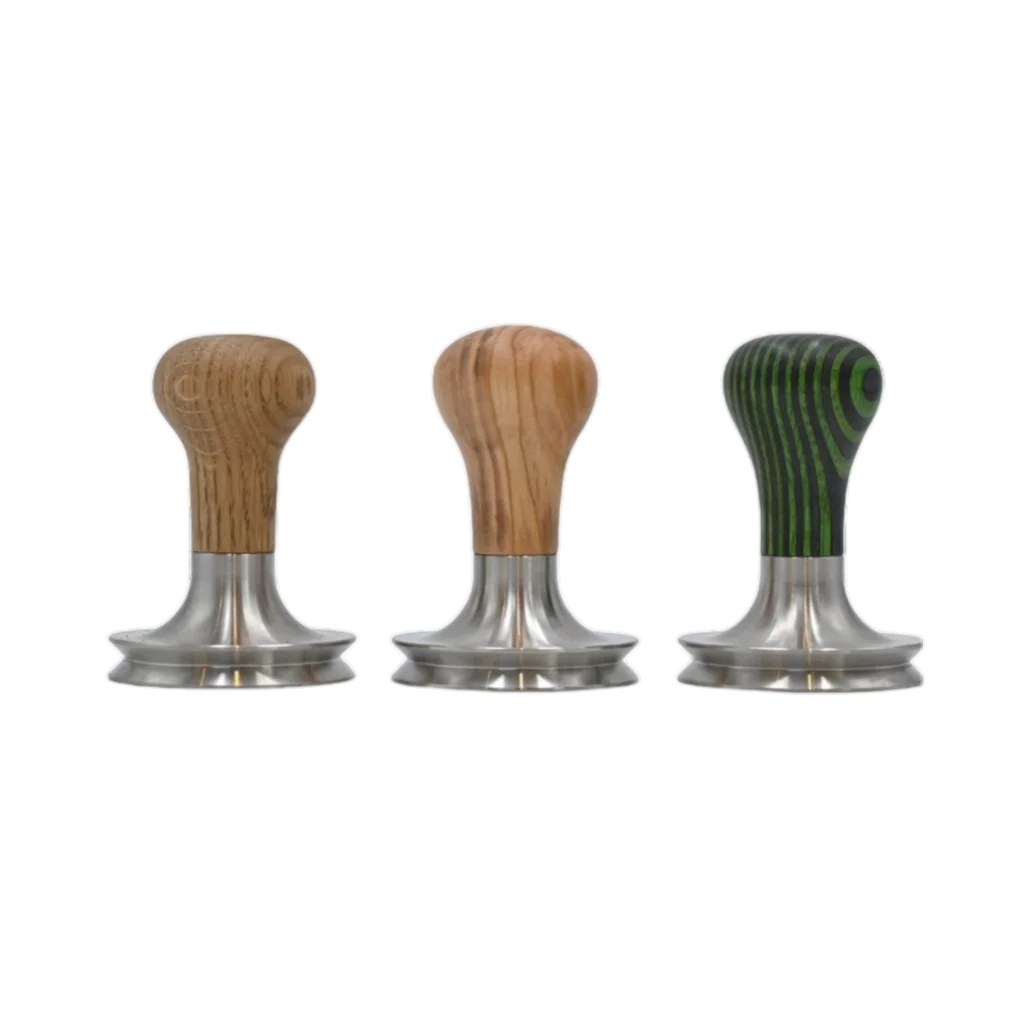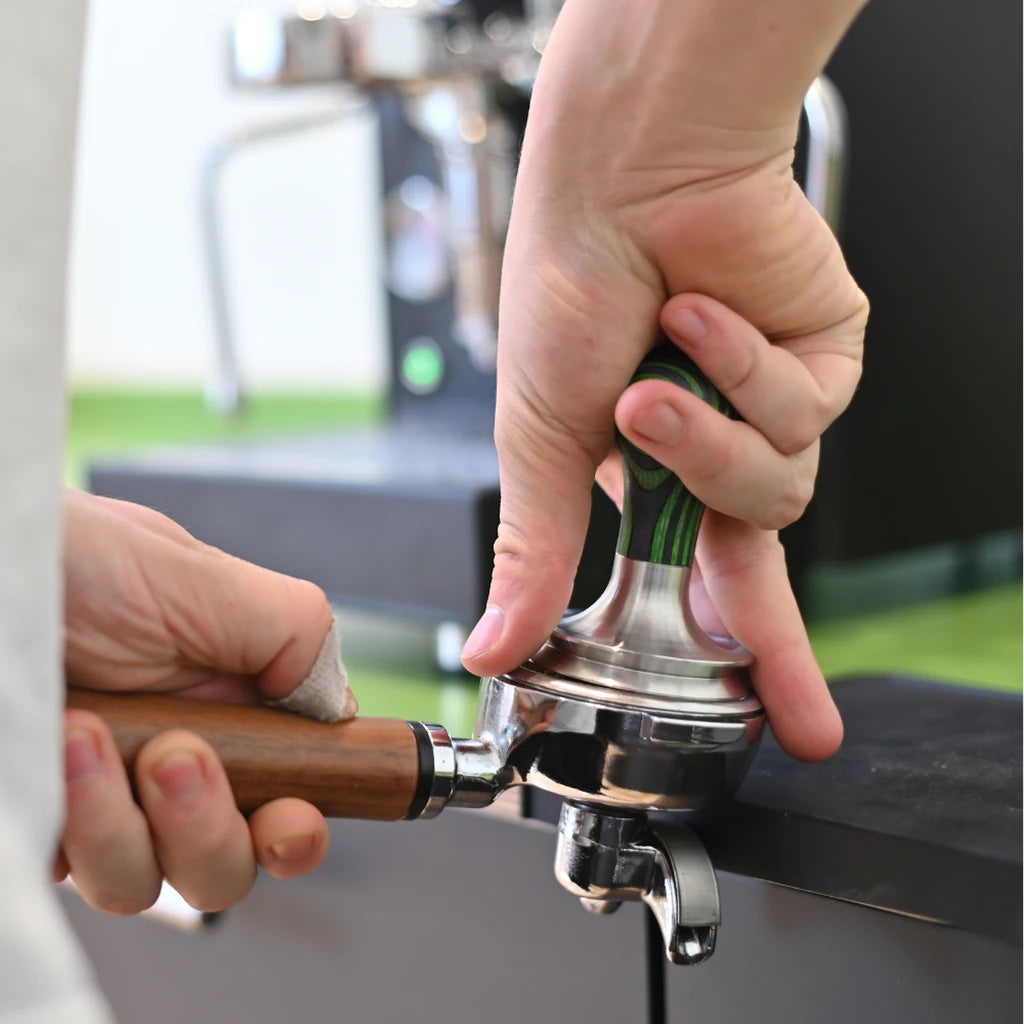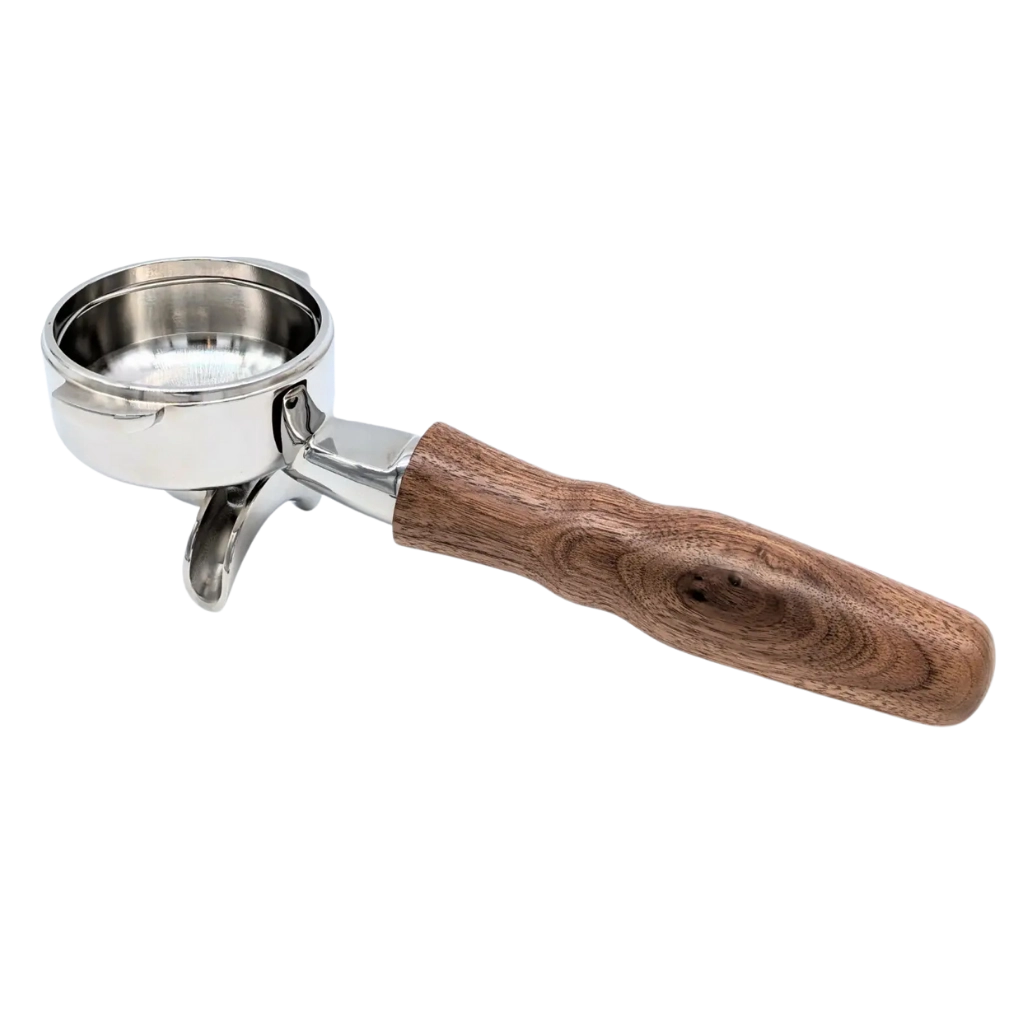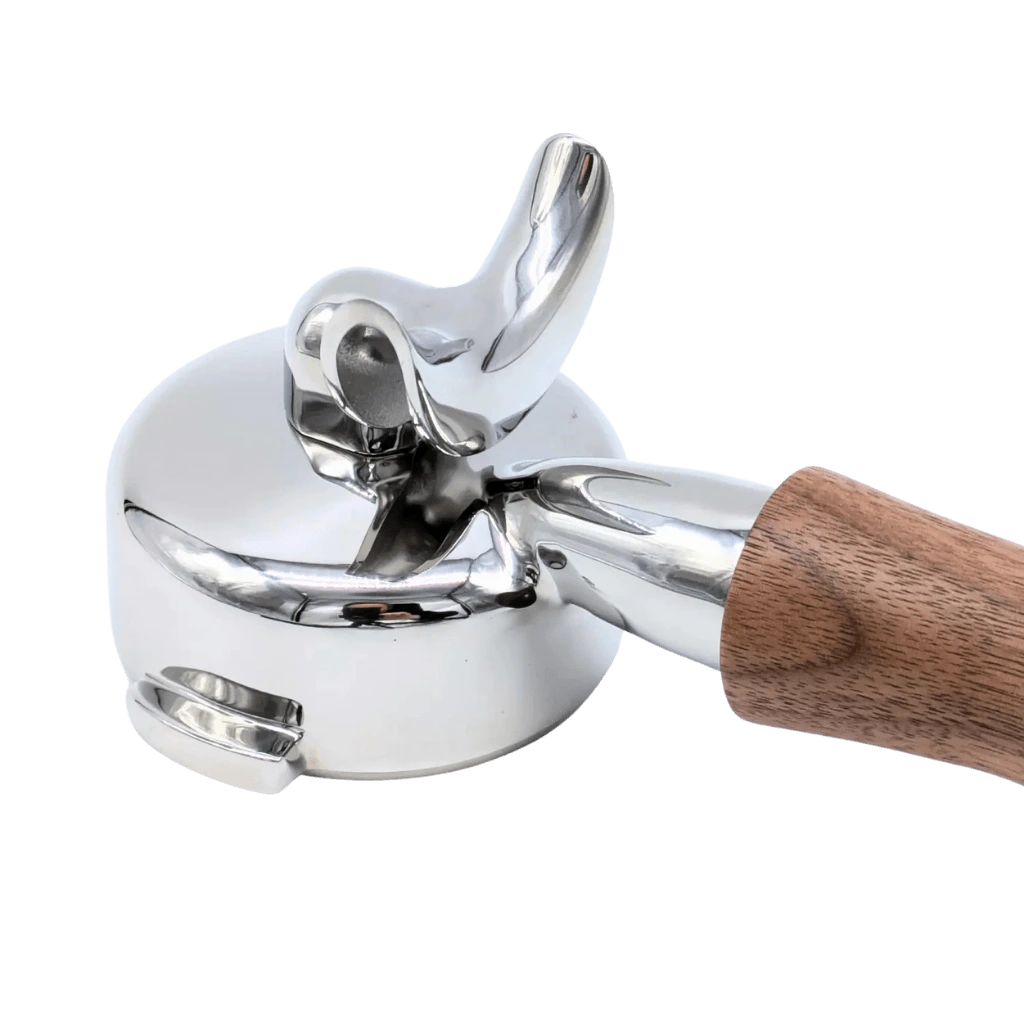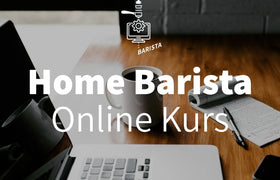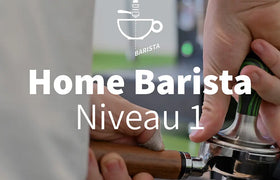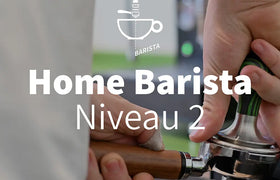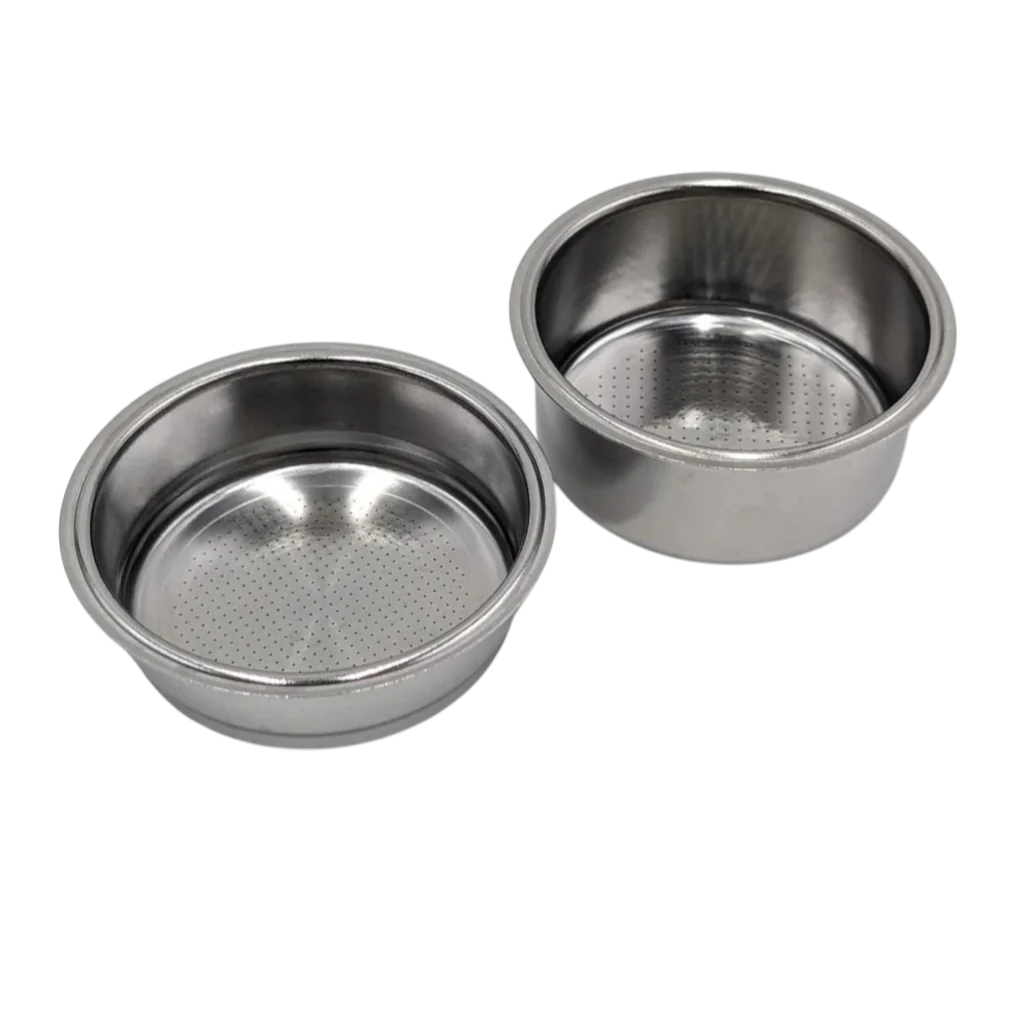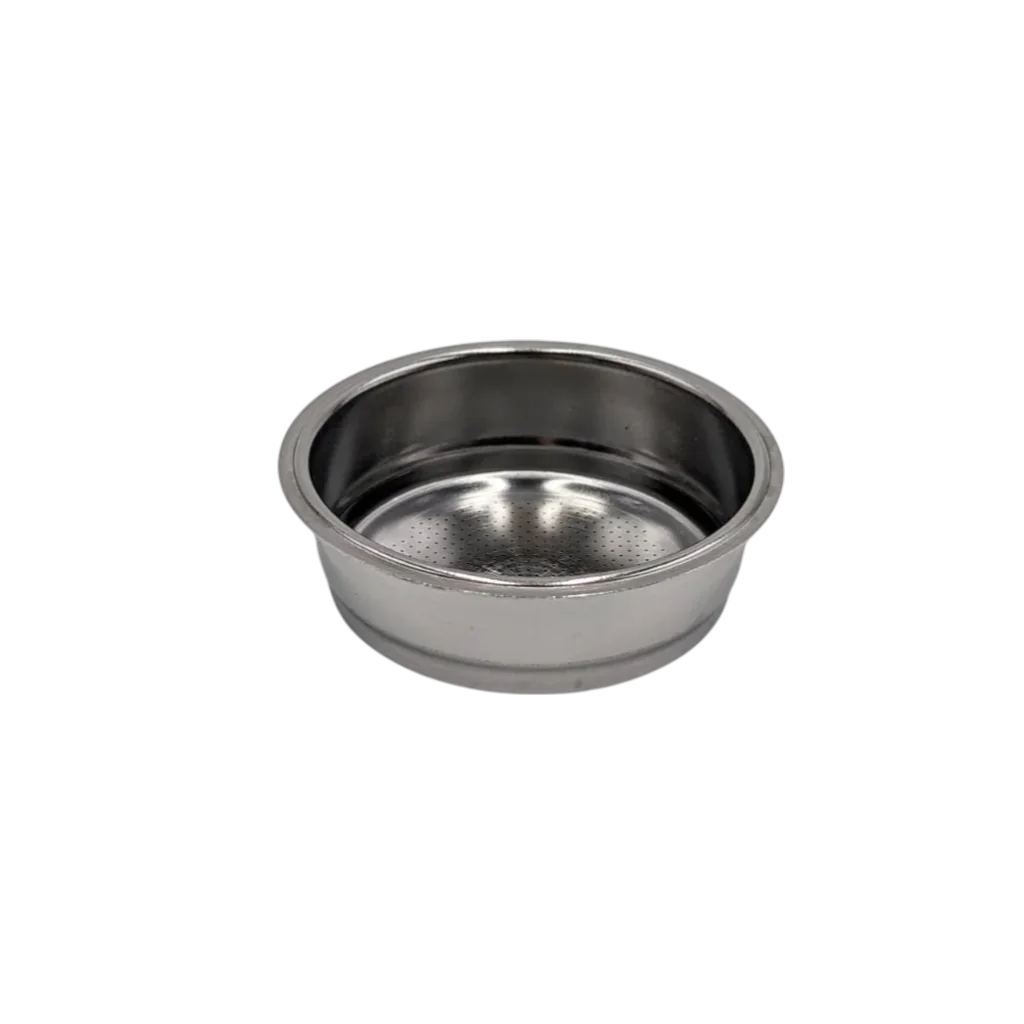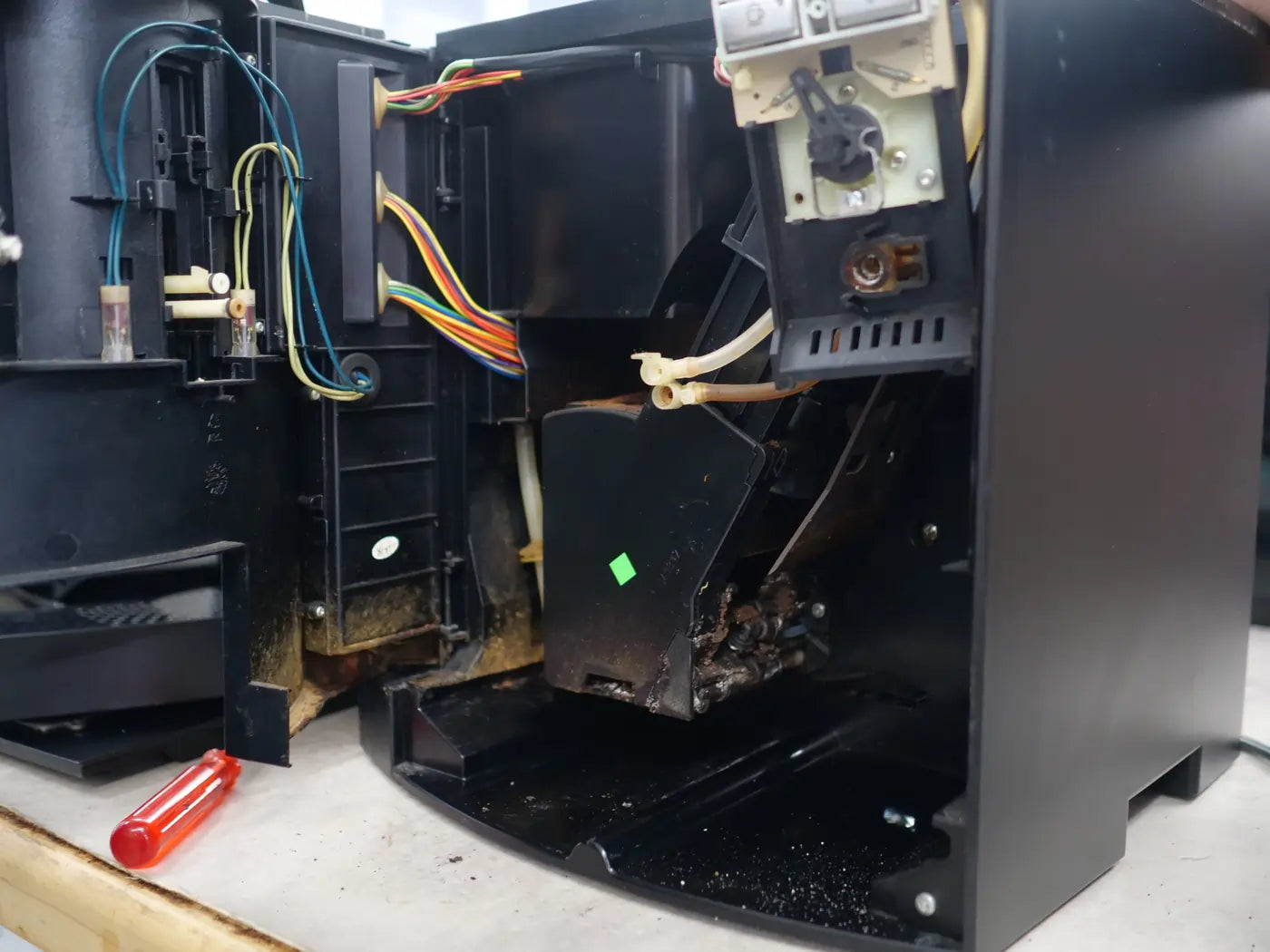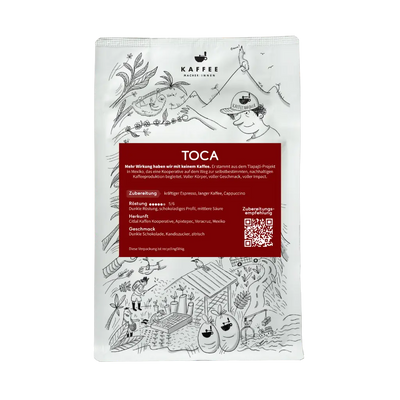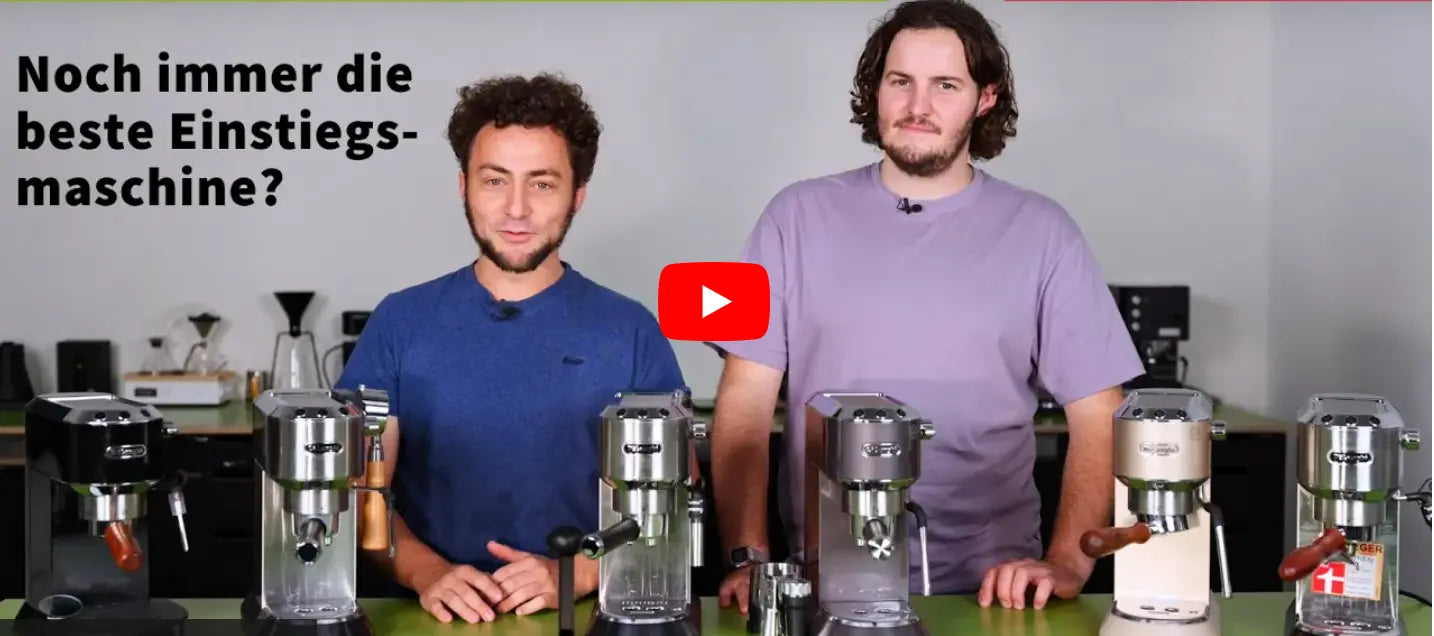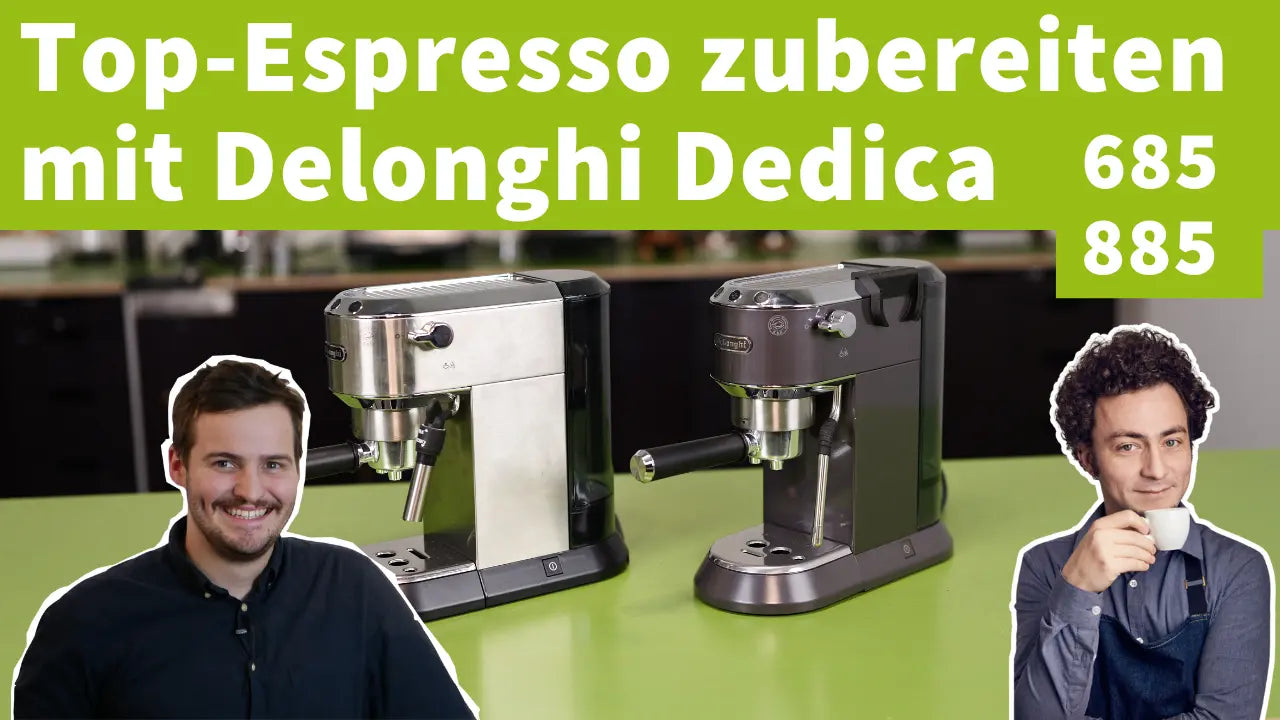Does this equal bad coffee?
Do you know that too? Are you going to a restaurant or café and would like to drink a delicious espresso after your lunch? Or you want to drink a café au lait or a cappuccino and you will be extremely disappointed. The coffee tastes rancid, bitter, almost inedible and you regret not waiting until you get home to brew your own espresso.
Many say that this is mainly because restaurants are using fully automatic coffee machines. And these simply do not come close to the perfection of a portafilter machine. But is that true? Does a fully automatic coffee machine have to produce bad coffee? In addition to the 16 warning signs for bad coffee in cafés and restaurants, many have written us a 17th warning sign, namely the fully automatic coffee machine. But we are convinced that the fully automatic coffee machine has its right to exist in the catering industry and that many do not fully exploit its potential.
Misunderstandings about fully automatic coffee machines
We are of the opinion that the fully automatic coffee machine is misunderstood by both cafés and roasters and even by the manufacturers of the machines. It starts with the fact that fully automatic coffee machines don't actually work fully automatically!
Sure, the fully automatic machine takes care of grinding, distributing, tamping, clamping and brewing at the push of a button. But there are many aspects that do not work automatically.
Typically, coffee machines are named based on the type of brewing they do. For example, with a portafilter machine, the coffee runs through a portafilter that has to be filled with coffee. The fully automatic machine is therefore a so-called piston coffee machine. A piston filled with ground coffee is moved into a brewing group where it is compressed and brewed with hot water.
But the most dangerous thing about this incorrect name for the coffee machine is that the name “fully automatic” suggests that nobody needs to worry about anything. Buy a machine, pour some beans into it, press a button and you can offer coffee drinks on your menu. But it's not that easy! Purchasing a vending machine is not the end of the restaurateur's work, but actually the beginning.
What should you do with a fully automatic coffee machine?
A fully automatic coffee machine must be set up. It must be precisely defined which ratio of coffee to drink should be brewed into the cup. This drink ratio must be based on a bean selection. Which beans does the machine work well with? Which brew recipes make the drinks taste good? And last but not least, in addition to regular and green cleaning, there must be a daily quality control of every coffee drink.
The settings should ideally be carried out together with a trained service technician. However, service technicians usually work on the technical side of the machine and have rarely been extensively trained in the sensory aspects of coffee.
Another level that the restaurateur has to take on: Sitting down at a table with roasters and roasters and choosing beans for his fully automatic coffee machine. Good roasters can help you choose because they know their coffees well and also know which ones are best for brewing in a piston machine.
Here is also a small appeal to the roasters. There are catering establishments that have justifiably chosen a fully automatic coffee machine. And we roasters should also support these companies! Many roasting companies have paid little or no attention to roasting beans for fully automatic machines. That's why the selection of coffees for fully automatic machines is very limited. That's a shame and it's worth changing!

Criticism of the manufacturers of fully automatic coffee machines
A fully automatic coffee machine that is suitable for the catering industry costs a few thousand euros. But if you look at the manufacturers' budgets - some large manufacturers are also based in Switzerland - then we have doubts. The costs for marketing exceed the costs for the further development of the machines many times over.
Our experiences with fully automatic coffee machines reflect this policy of some manufacturers. There are a lot of innovations when it comes to the exterior. Touch displays, color LEDs and so on to make the machines look more beautiful and futuristic. But it seems as if many companies are not too interested in really dealing with the food chemistry aspects of the brewing process. In comparison, the home barista sector has catapulted itself to a completely different level in terms of quality over the same period.
Even though it is often sobering when you see major errors in manufacturer brochures, for example, there are exceptions. Companies that are really interested in further developing fully automatic coffee machines. And these exceptions make us confident that something can change and that we are on the way to better coffee in the catering industry.
The ideal world of the fully automatic coffee machine from our point of view
For us, an ideal world would look like this: After purchasing a fully automatic coffee machine, an interested restaurateur sits down at a table with a service technician trained (in sensor technology) and a local roaster and thinks together about what his coffee should taste like. How strong should the espresso taste through the milk, how strong should the acidity or bitterness be? Together, this trio develops quality protocols for EVERY drink. This can take a good two days. The team is then trained and introduced to the respective drinks. The quality of each product (processing time, temperature, taste, consistency) is checked daily using a test protocol, ideally by a really well-trained person or the restaurateur himself.
In such a company, the cappuccino and also the espresso from a fully automatic machine can easily compete with an espresso from a portafilter. And so, from our point of view, the fully automatic coffee machine really has its right to exist, as the staff needs significantly less training than on a portafilter machine. And remember, a poorly sourced espresso on a really nice portafilter machine still tastes terrible. Then it's better to have an espresso from a well-adjusted and constantly checked fully automatic machine.
Conclusion: The fully automatic coffee machine in the catering industry
If we automatically equate a fully automatic coffee machine with bad coffee, then we are making it far too easy for ourselves. You can make drinkable and even good coffee with almost any coffee machine if you pay attention to a few parameters. Often it depends primarily on whether the head restaurateur is interested in ensuring that the coffee tastes really good and that the quality is maintained consistently.
An idea for your next coffee from the fully automatic machine: Instead of avoiding the coffee while looking at the machine and rushing out of the restaurant, you should perhaps speak to the employees in a friendly manner. Ask where the beans come from, whether they work with local roasters, and so on. Good restaurateurs recognize from their customers what they value and we should show them what we value: good coffee!
We thought we would visit a company and use our old test protocol to check the coffee drinks and work with you to find a way to make good coffee. If you are a restaurateur, you can register HERE . apply. We would then like to make an exemplary video from our visit that can help other companies. We're looking forward to it!


